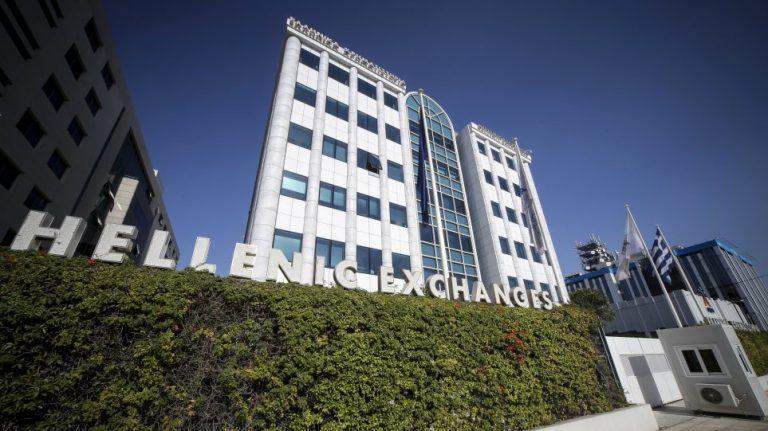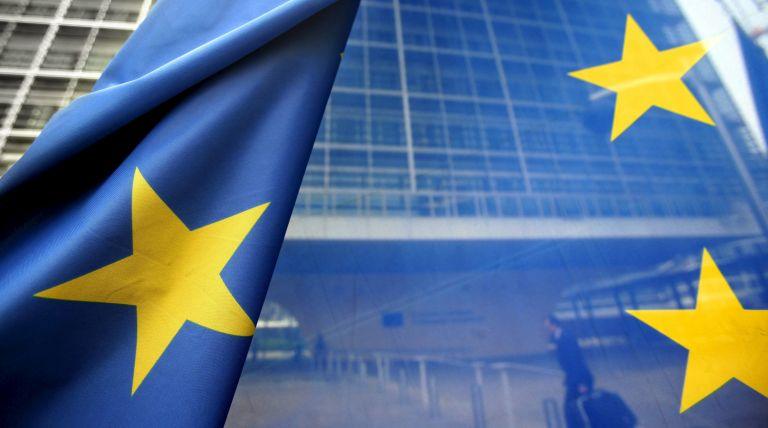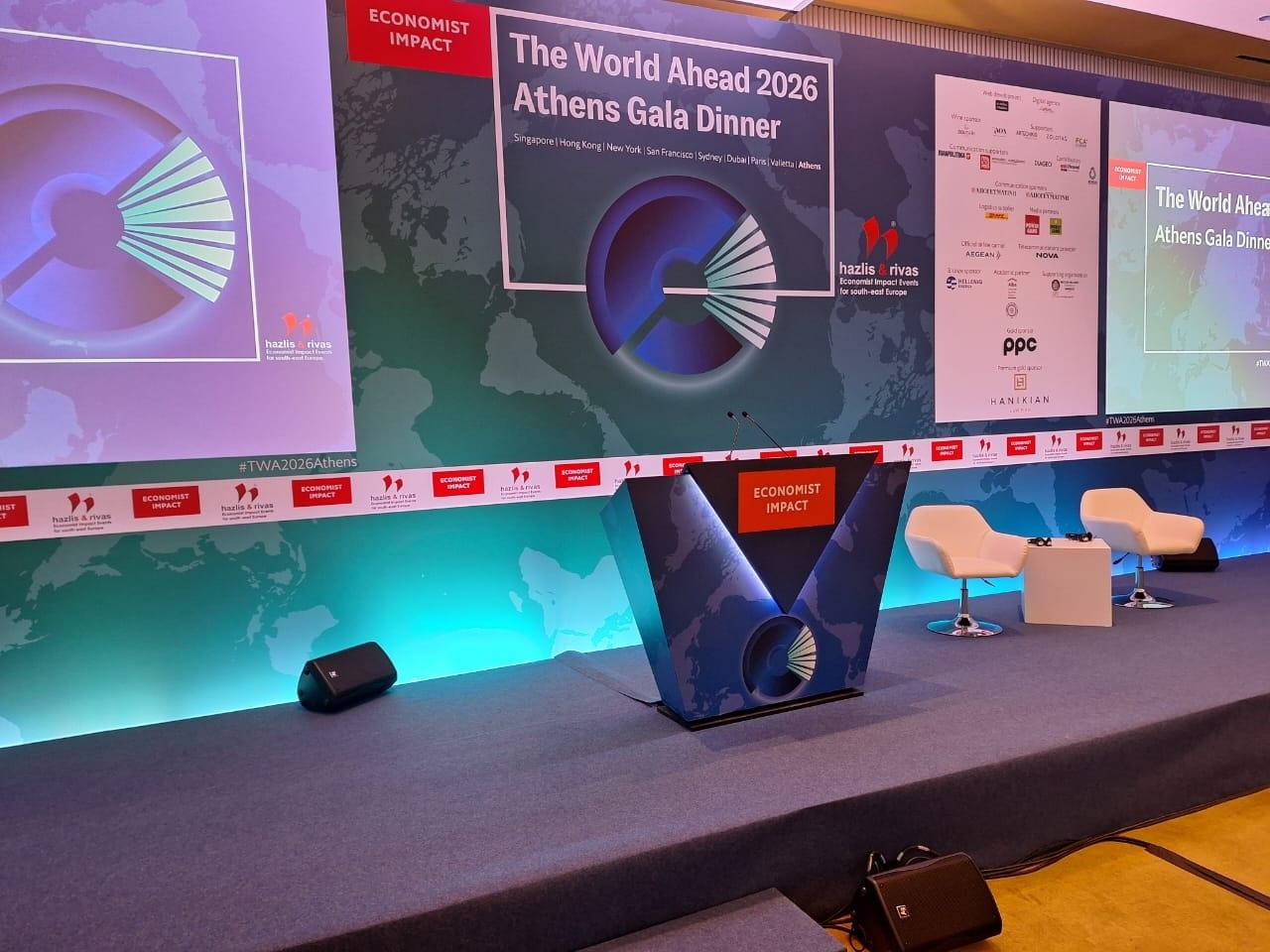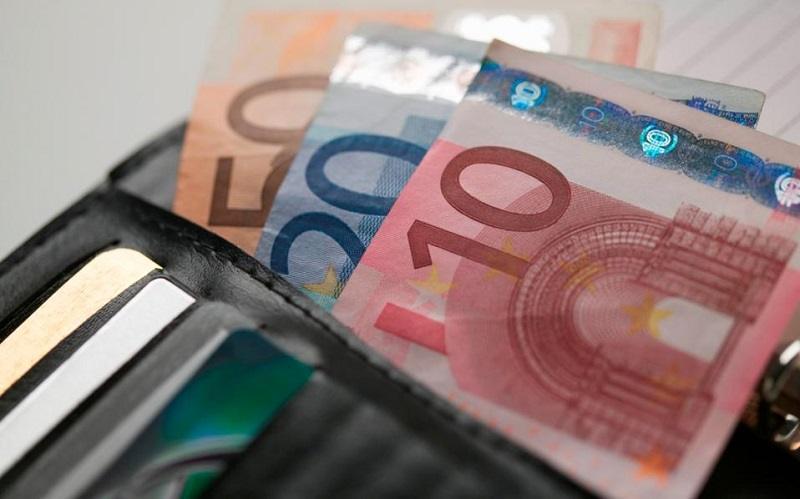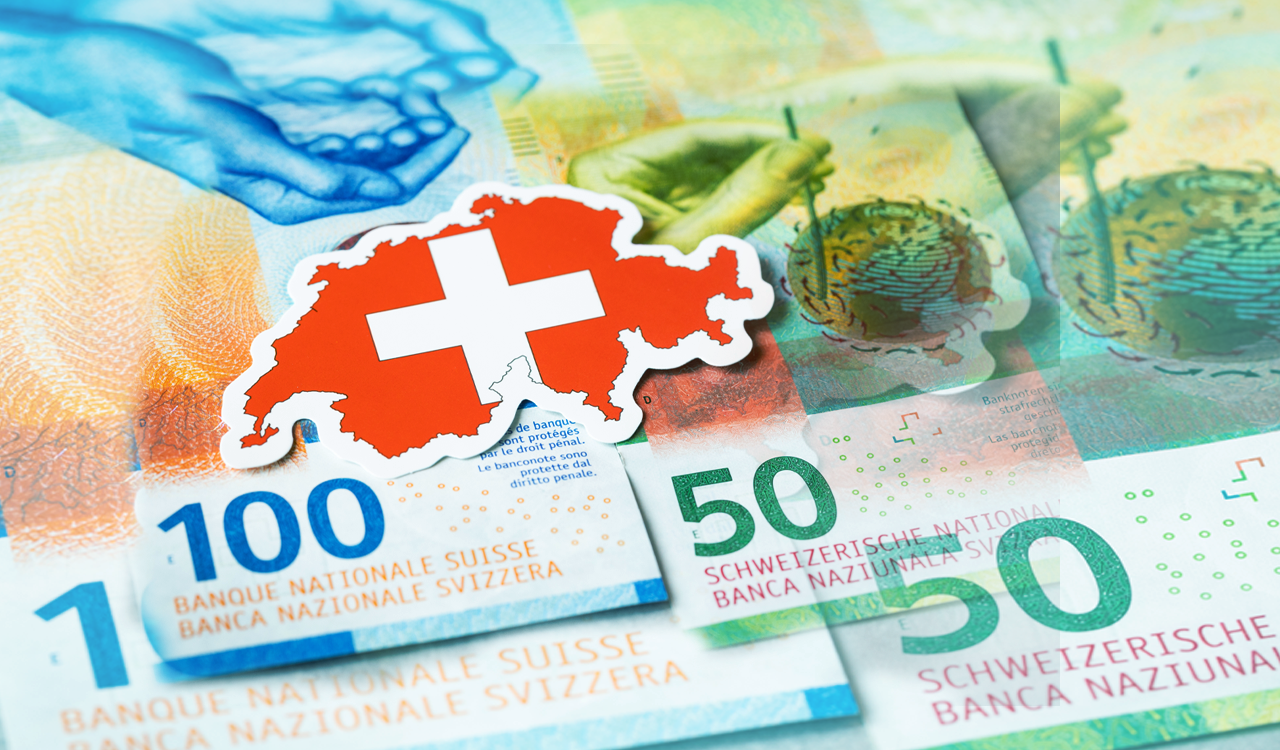Greece’s Independent Authority for Public Revenue (AADE) has made notable progress in trade facilitation, according to the latest results of a biennial global survey conducted by the United Nations on digital and sustainable trade facilitation.
The UN study ranks 180 economies on 62 digital and sustainable trade indicators, with Greece showing strong progress this year, scoring between 72.2% and 87.5% in key areas.
A Six-Year Transformation
Over the past six years, Greece has significantly improved, achieving full trade transparency and making major strides in streamlining procedures and paperless trade.
• Overall Score: Greece’s overall score rose from 62.4% in 2019 to 77.4% in 2023, and is expected to reach nearly 84% in 2025.
• Transparency: A remarkable jump from 62.4% in 2019 to a perfect 100% in 2023, with that level sustained through 2025.
• Formalities: Scores improved from 79.2% to 87.5%, reflecting modernization of customs processes.
• Institutional Coordination: Remains stable at 77.8%.
• Paperless Trade: Nearly doubled, rising from 48.2% in 2019 to 81.5%, showcasing extensive digital transformation.
• Cross-border Paperless Trade: Surged from 33.3% in 2019 to 72.2% by 2025.

E-commerce and Digital Integration
Greece has achieved top scores (100%) in e-commerce and cross-border paperless trade, particularly in legislation for electronic transactions and the digital exchange of Certificates of Origin.
However, the report points to areas needing improvement, with lower performance (66.67%) in expedited shipment handling, publication of average release times, and transit cooperation.
Additional progress can also be made in enhancing immediate release procedures for e-commerce and streamlining customs declaration data exchange.
Strong Performance in Critical Sectors
Greece scored very highly in key areas linked to trade facilitation and transit, including:
• Risk management
• Pre-arrival data processing
• Post-clearance audits
• Reduction of physical inspections
These gains reflect Greece’s push to modernize trade, cut bureaucracy, and adopt digital tools—positioning the country as a more efficient and transparent player in global commerce.
















![Γραφεία: Πόσο πωλείται το τ.μ. – Οι φθηνές, ακριβές περιοχές [γραφήματα]](https://www.ot.gr/wp-content/uploads/2026/01/grafeia.png)
